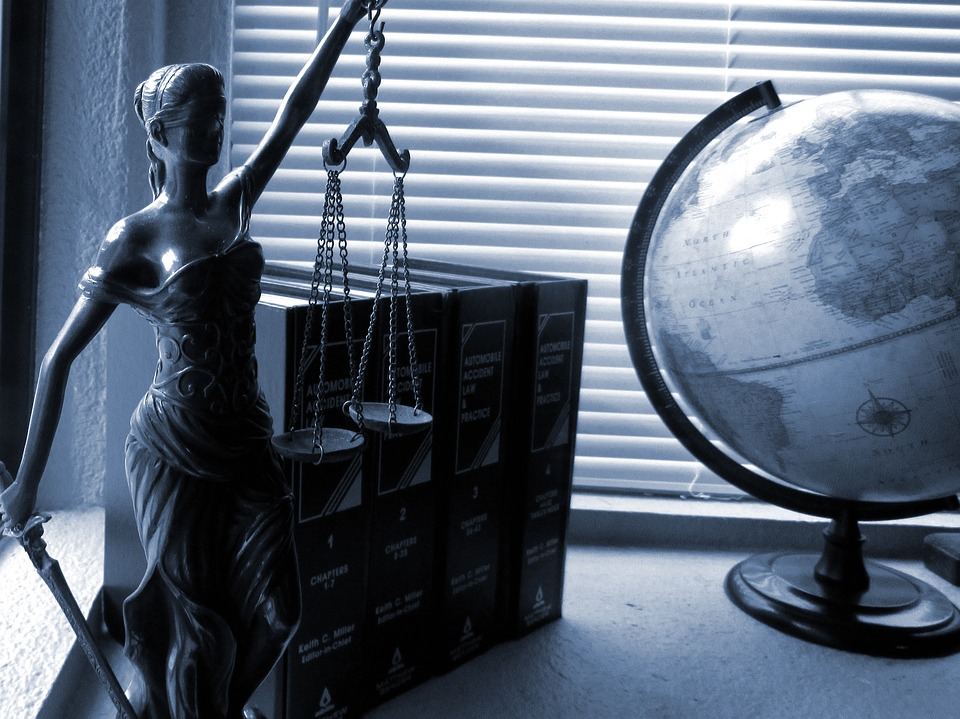Writing a will is something a lot of us don’t think about on a daily basis or even at all. Why should we? A will is a last announcement of sorts and there’s no need to think about something like that when we’re all healthy as horses and having the best time out of our lives. But it’s actually something quite important to be thinking about as it decides where or to whom your life’s savings and work will be passed onto. If you’re still not interested and still believe there’s more than enough time to be thinking about a ratty old will, I’m sure you’re right, go on back to having fun. For the rest of you who are interested, here are some things you need to know when drafting your will.
Valuing Your Assets And Liabilities
The first thing to do after deciding you want to write a will is to take a count of your assets and liabilities. Your assets will consist of your properties, savings in bank accounts, vehicles, pension funds and insurances while your liabilities will comprise of loans you haven’t paid off, mortgages, overdrafts or other credit obligations to the bank. When you’re evaluating your net assets make sure you appraise them correctly as values can change over time due to inflation and other economic fluctuations.

Division
Once you’ve correctly established the value of your net assets you need to decide to whom you want to pass them down to. Be specific about everything so as not to leave loopholes or room for your words to be interpreted differently from what you wished. Make clear statements about any particular item or property that is to be handed down to a certain individual or instructions on how to proceed in the event of demise of an inheritor you’ve named in your will. Some people decide to donate a part of their wealth to charities or a non-profit organization. If you wish to do so as well, make sure you clearly indicate all the relevant information regarding the charity in your will.
Pick An Executor
Once you’ve decided on how you’re dividing your net assets the next step is to choose an executor to carry out your will. As your will is something that is fulfilled after your death, it’s advisable to pick someone trustworthy and reliable to be the person to follow through with the instructions on your will. Especially if you have a large number of estates, any special antiques or artifacts that need to be handled with care or any other complicated matters. Executors can be family or friends and there can be more than once but choose wisely. If neither option is desirable it’s also possible to have a professional executor and have them handle it for you.
Construct Your Will
This part of your will is fairly easy to complete. To put the terms of your will into writing, pick one of the best paramount lawyers available just for this job. A couple of other options would be to have a will-writing bank do it for you or for you to do it yourself but it’s best to do it under legal advice to avoid any mistakes.

Signatures
This may seem self-explanatory but there are a few important things to note in this final step. You need to sign your will in the presence of two witnesses who are not included in your will as an inheritor. They must also sign it in your presence. Neither of your signatures should differ because it might render the will invalid. Upon completion of these conditions, you’ll have a completed will.
This is a very basic guide on how to construct a will. For more information, please do more thorough research and contact relevant legal support.





